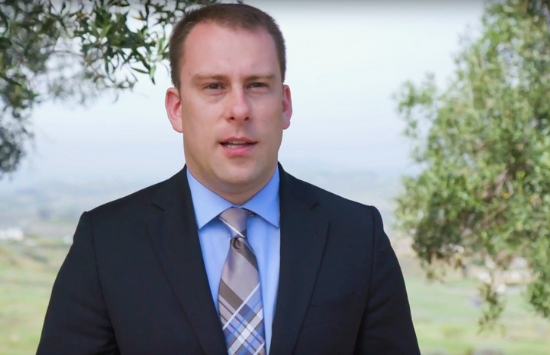How a Pepperdine MPP Degree Prepares you for a Career in Elected Office

A Career with a Public Policy Degree
What makes the Pepperdine School of Public Policy (SPP) the best education for decision makers and leaders such has Hans Zeiger (MPP '09), is that it draws from a variety of sources of knowledge. SPP incorporates qualitative and quantitative analysis in its masters of public policy (MPP) program to prepare students as flexible leaders able to jump from one situation to another. Zeiger states that the MPP program prepares future leaders and public servants for leadership positions capable of making a quantitative analysis as well as have an understanding of economics. "We need people who are able to understand basic statistics, but who also understand and respect our place in time," Zeiger believes, as does SPP, that leaders must have an understanding of history. Without an education in history, public leaders risk making mistakes that have already been made in the past which can prove unnecessarily costly for those that they are serving; it can also prove to be dangerous depending on the level of power.
What Can you do with a Master of Public Policy Degree?
SPP is different from other policy programs because it ties together educational values that students may find in other policy and public administration programs, but also from other political science and economics programs. Furthermore, the MPP program allows for students to top off their diverse education with an understanding of the challenging foundational philosophical principles that are at the core of traditional American society. It is critical for public leaders to be educated and well-practiced in traditional American values because it is inevitable that a public servant will have to make moral judgements that will have a large impact. The MPP program is a unique and excellent opportunity for people to become America's next generation leaders.
Key Takeaways:
- Commitment to creating values- and virtues-driven leaders
- Grounding in historical, theoretical, and philosophical principles of deliberation
- Emphasis on teaching broad subject matter while having depth in specializations
- Instilling governing values of a free-democratic society
- Training in cross-sector thinking, providing nimble and flexible decision making
- Learning discernment through a diverse and competitive curriculum
- Developing quantitative and qualitative reasoning
- Understanding the Constitution and the public-service role